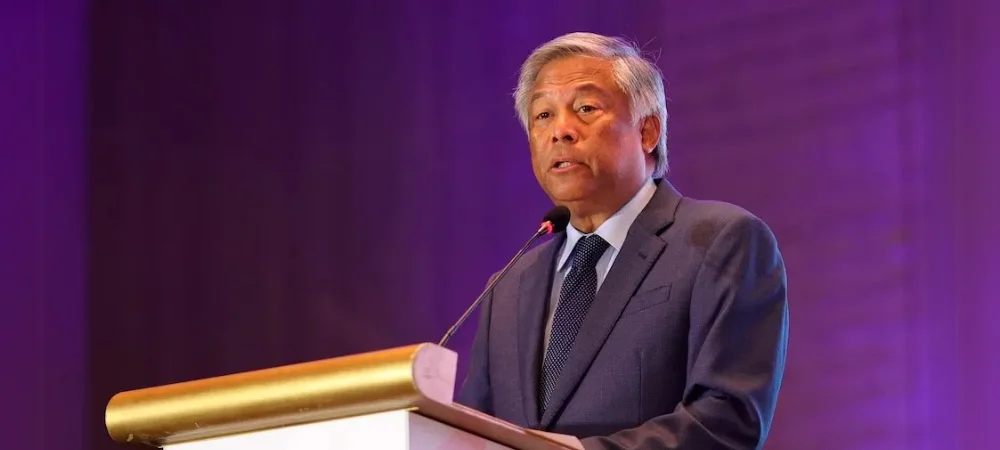PAGCOR Chairman and CEO Alejandro Tengco recently announced that the agency might approve one or two new integrated resort licenses in the Philippines. This approval could happen within the next four years. He emphasized that such approval would support the country’s growing gaming industry. It would also reinforce the Philippines’ position as a top gambling destination in Asia.
Tengco pointed out that several new casino properties will launch soon. These new openings will further boost gross gaming revenues (GGR). For example, Bloomberry Resorts Corp opened the US$1 billion Solaire Resort North in Quezon City just last month. Moreover, Bloomberry also plans another casino resort in Cavite’s coastal town of Paniman.
In addition to Bloomberry’s projects, developers are preparing casino hotels in several areas. These include Manila’s Westside City Entertainment zone, the Clark Freeport Zone in Pampanga, and Mactan in Cebu.
Tengco also revealed plans for two gaming complexes on Boracay Island. One project involves Andrew Tan’s Global Estate Resorts Inc., linked to Alliance Global Group and the Newport World Resorts in Manila. The second is a joint venture between PAGCOR and an unnamed operator.
Furthermore, Tengco expressed strong confidence in the Westside City casino hotel project. He met with Travellers International’s management, who assured him that the property would open as planned. The casino hotel is developed by Philippines-listed Suntrust Resort Holdings and operates under Travellers’ casino license. Hong Kong-listed LET Group, Suntrust’s parent, aims to start operations in early 2025.
Regarding the Philippine gaming sector’s performance, Tengco highlighted significant progress. He noted that the industry generated PHP81.7 billion in GGR during the first quarter of 2024. This amount marks an 18.5 percent year-on-year increase.
He further pointed out the unprecedented growth of the e-Games segment. It brought in PHP22.5 billion during the same period. This revenue was more than six times what the sector earned in the first quarter of 2023.
Meanwhile, land-based casinos contributed PHP49.7 billion in GGR. However, they experienced an 8.2 percent year-on-year decline. Tengco observed that while land-based revenue plateaued, the booming electronic gaming sector might offset—or even exceed—this decline.
He explained that convenience drives the growing popularity of e-Games. Players now enjoy casino games from home. Conversely, land-based operations continue to struggle. This is partly due to fewer Chinese tourists—a key market that remains uncertain due to diplomatic relations.
Tengco added, “If Philippines–China relations normalize, we will likely see a surge in Chinese tourists. This will boost land-based gaming revenues, including Casino Filipino venues.”
The Philippines welcomed over 2.4 million foreign tourists in the first five months of 2024. That figure marks a 16.3 percent increase from the same period last year. Chinese visitors made up about 6.6 percent of arrivals. However, they no longer lead the market.
Tengco also emphasized that Philippine authorities aim to diversify the tourism base beyond China. This strategy is essential for maintaining sustainable growth in the sector.
In full-year 2023, the gaming industry recorded PHP285.27 billion in GGR. PAGCOR expects this figure to rise to PHP336.38 billion in 2024. This growth will likely be driven by ongoing developments and growing domestic demand.












